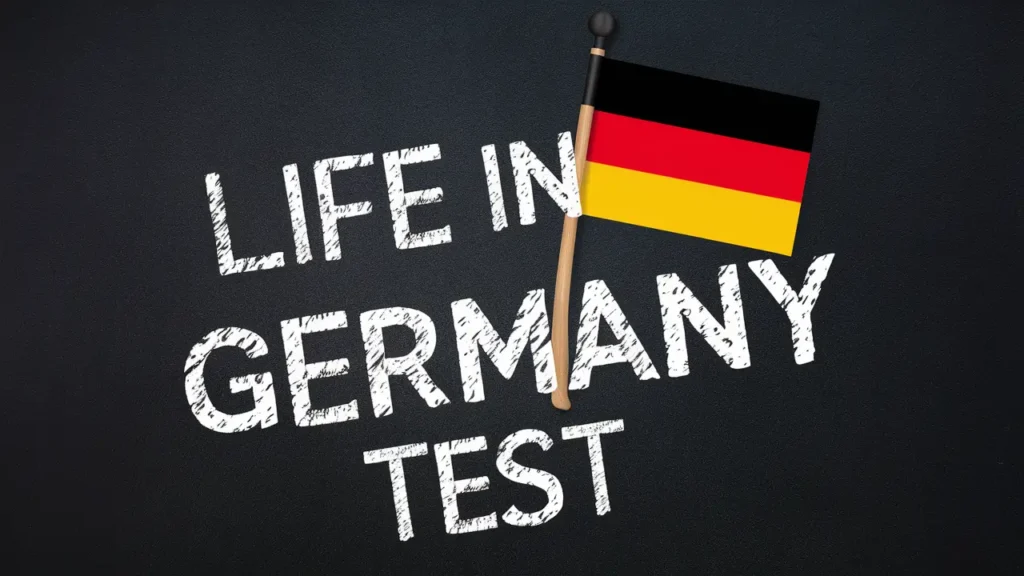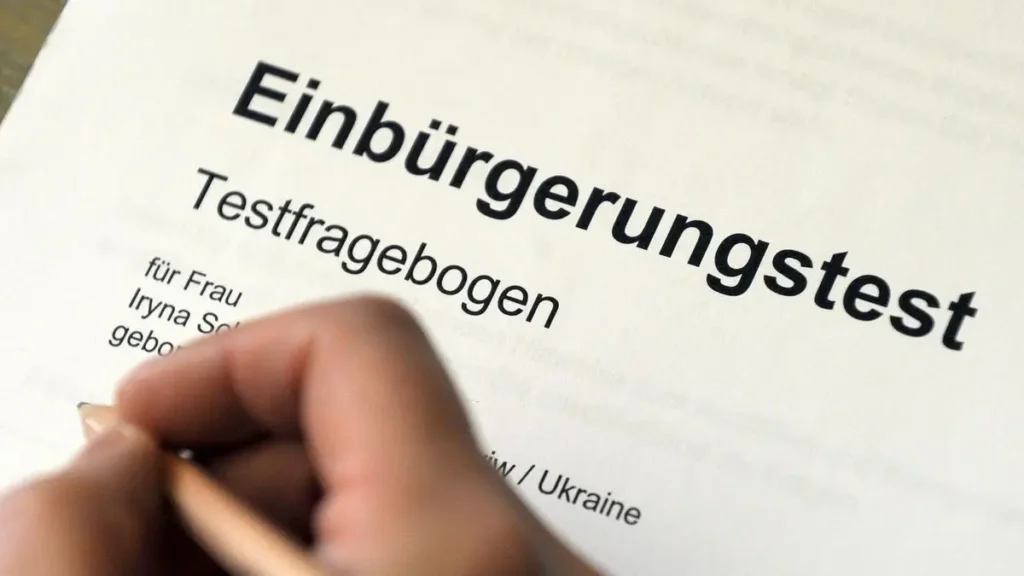Are German Citizenship Applications taking too long? With Germany on the verge of major citizenship law reforms, including the introduction of dual citizenship and a reduction in residency requirements, what challenges could applicants face? How will the recent findings by MEDIENDIENST INTEGRATION impact the process? Despite these upcoming changes, will aspiring German citizens still encounter lengthy waits due to the substantial backlogs in naturalisation offices?
Current State of German Citizenship Applications
Waiting Times Across Major Cities
The study, which surveyed the 23 most populous cities in Germany, found varying processing times for citizenship applications:
| City | Average Processing Time |
|---|---|
| Augsburg, Braunschweig, Essen, Hamburg, Munich, Münster | 1 year |
| Aachen, Bremen, Karlsruhe, Stuttgart | 1.5 years |
| Chemnitz | 6 months – 3 years |
| Berlin | Significant delays expected in 2023 |
Berlin currently faces the largest backlog, with approximately 26,000 open applications. The city is undergoing a restructuring process, centralizing its naturalisation offices starting in 2024.
Rising Number of Applications
Many German cities are experiencing a surge in citizenship applications:
- Braunschweig, Bremen, Dresden, Düsseldorf: ~30% increase (2022 vs 2021)
- Münster: 40% increase
- Wuppertal: 56% increase
- Gelsenkirchen: 100% increase
Top Countries of Origin for New German Citizens
- Syria
- Iraq
- Turkey
- Iran
- Poland (EU)
- Romania (EU)
Measures to Combat Delays
Cities across Germany are implementing various strategies to expedite the German naturalisation process:
- Digitization
- Bielefeld and Munich: Digital applications already available
- Bonn, Braunschweig, Essen, Gelsenkirchen: Planning switch to digital applications
- Wuppertal: Email submission of applications
- Increased Staffing
- Leipzig: New dedicated naturalisation department (early 2023)
- Berlin: Planned centralised office with 120 new staff members (2024)
- Improved Information Services
- Hamburg, Bremen, Hanover: “Naturalisation guides” providing advice and support
- Münster and Wuppertal: Information events and enhanced website resources
Success Story: Düsseldorf
Thanks to increased staffing and digitization, Düsseldorf has seen impressive improvements:
While German citizenship law reforms promise to ease the path to naturalisation, current backlogs present significant challenges. Prospective applicants should be prepared for potentially long waiting times, varying by location. However, cities across Germany are actively working to streamline processes and reduce delays through digitization, increased staffing, and improved information services.
As the new law passed in summer 2024, those interested in German citizenship should stay informed about both the upcoming changes and the specific situation in their city of residence.
Key Takeaways
- New German citizenship law reforms in summer 2024
- Current waiting times for citizenship applications range from 6 months to 3 years
- At least 115,000 pending applications across Germany
- Cities implementing measures to combat delays




